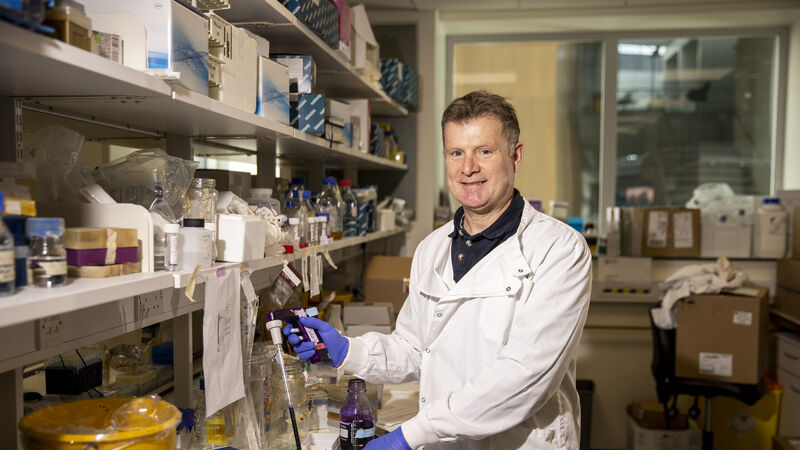More than 60 cross-border research projects to receive Shared Island funding

A cross-border research project developing new blood tests to diagnose cancer has been awarded a major funding boost through the Irish Government’s Shared Island initiative.
Academics from Trinity College in Dublin and Queen’s University in Belfast are set to collaborate on cutting-edge work to design liquid biopsy techniques after securing up to €4 million over the next four years.










